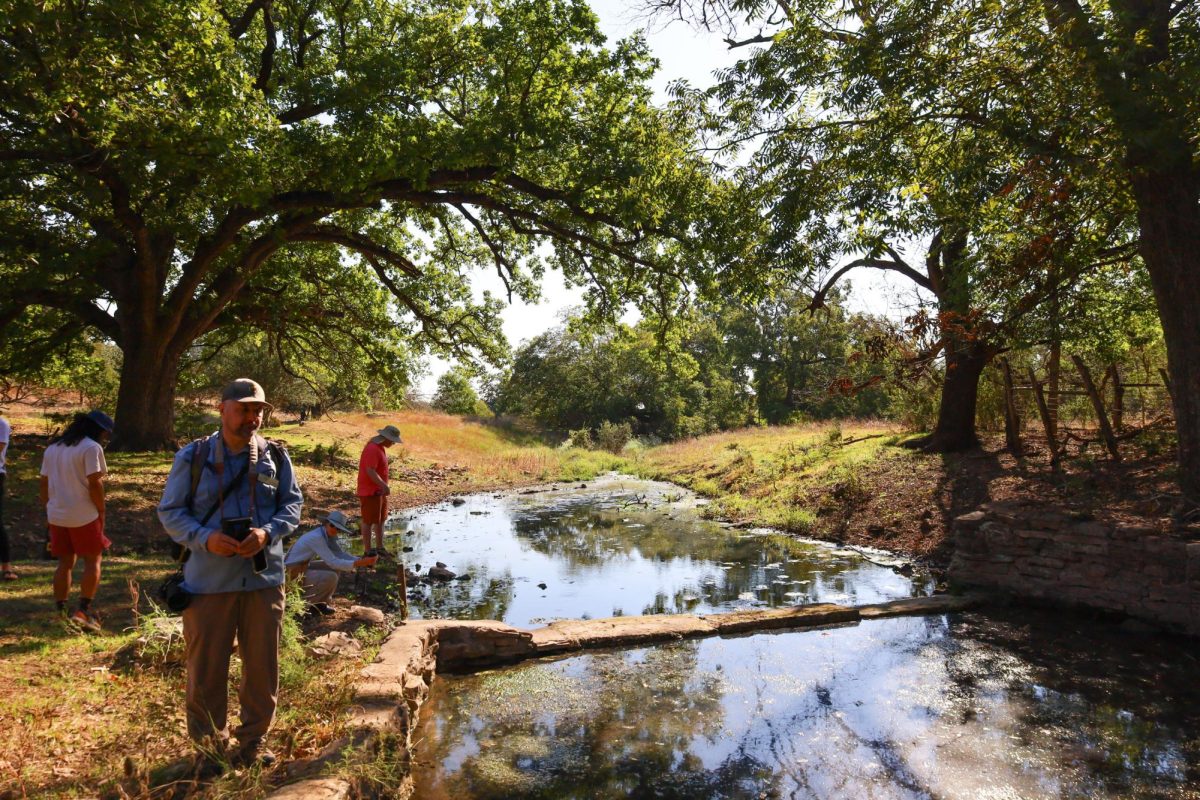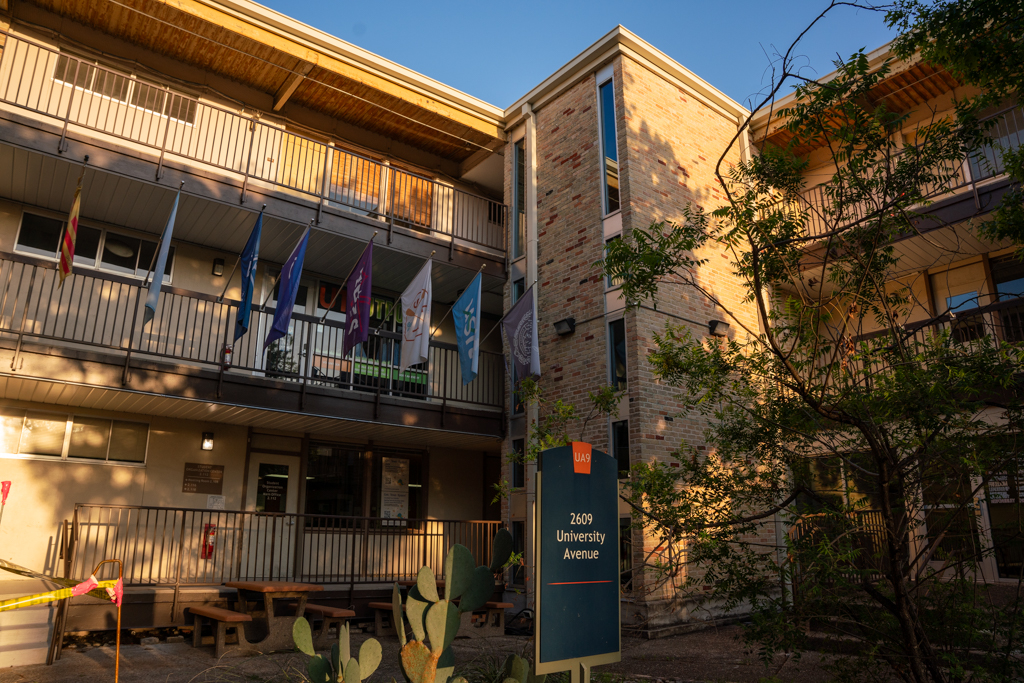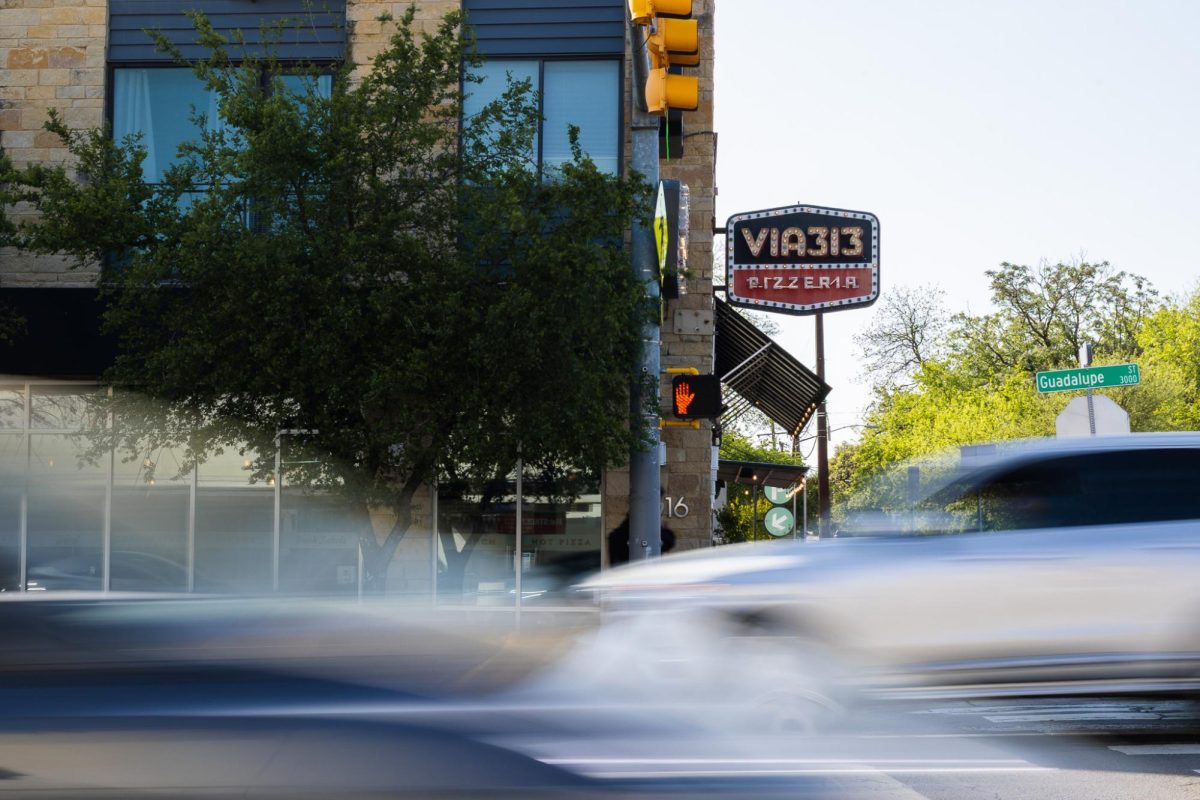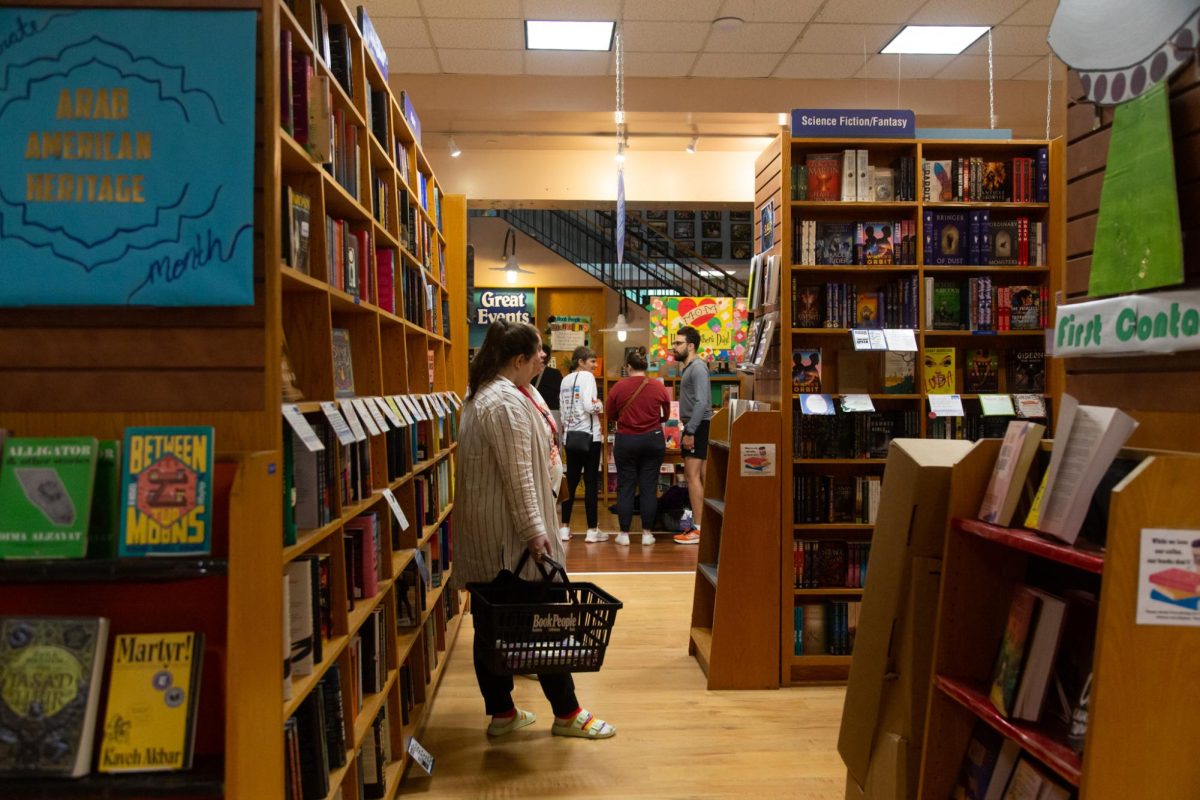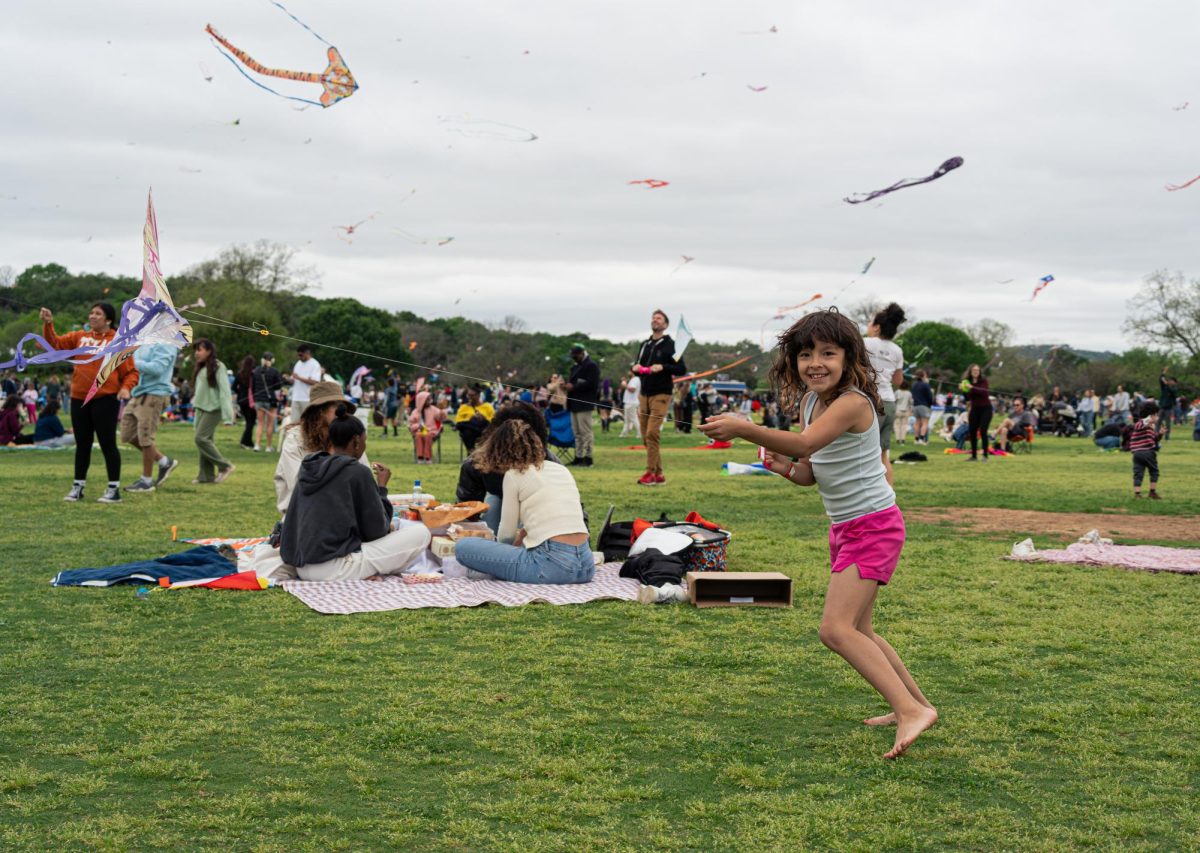Pecan Springs Karst Preserve, located 40 miles outside of Austin, opened to the public for the first time on Saturday for National Public Lands Day.
The twelve hundred acres of land are stewarded by Hill Country Conservancy, an organization working with landowners to preserve their properties.
Over 90% of Texas is privately owned, meaning conservation must be done on private lands, said Kathy Miller, CEO of Hill Country Conservancy. Last October, an anonymous landowner donated the preserve, which is roughly the size of 900 football fields.
Thousands of acres surrounding the preserve are slated to become homes in the next 15 years, said Rachael Lindsey, director of science and stewardship at Hill Country Conservancy.
“If all of that gets developed, the spring probably stops flowing,” Lindsey said. “If you put rooftops across the entire upland surrounding this land, you no longer have that water getting into the land like it would otherwise.”
Approximately 20 different endangered and threatened species inhabit the area, according to Hill Country Conservancy’s website. Among those are the Golden-cheeked Warbler, the Tricolored bat and the Salado Salamander. Many of them benefit from the springs.
Conservation is key to protecting the ecological health of the preserve, which was previously used for cow pasture, Lindsey said. The first step towards restoring the property was removing the cattle, which can devastate stream systems with their defecation.
“The more that we can restore the vegetation on the stream bank, the more that we can hold water in the stream bank … so that it becomes more productive as a whole,” Lindsey said. “It becomes really abundant and productive for pollinator species and reptiles and amphibians like the salamander and birds and migrating species.”
Preserves provide a multitude of ecosystem services such as tree canopies decreasing temperatures and carbon capture from trees mitigating climate change, said environmental science senior Mariana Rivas Varela.
“It gives me hope that people still care about conservation,” Rivas Varela said. “It gives me hope that we’re focusing on, at least to some degree, the environment in Austin.”
But more than just preserving the land, Hill Country Conservancy hopes to honor the indigenous people who have inhabited the land for thousands of years, Miller said.
“We thought it was really important to honor the ways in which people have utilized and benefited from this property and our great Texas Hill Country, which is why we invited the Indigenous Cultures Institute to provide their prayer and their honoring of the land,” Miller said.
Aaron Pyle, a member of the Choctaw Nation of Oklahoma, led the ceremony.
“I’m out here today to honor the relationship between land and indigenous peoples,” Pyle, an administrative manager at the Butler School of Music, said in his speech. “Connection to land is an important part of indigenous ways of being, and this land has seen a great number of indigenous people over the years.”
The Coahuiltecan, indigenous to northern Mexico and southern Texas, would have inhabited the land of the preserve, Pyle said.
“I am very grateful to the organizers of this event and to the stewards of this land moving forward that they’re doing this work with a desire to include indigenous voices,” Pyle said.

